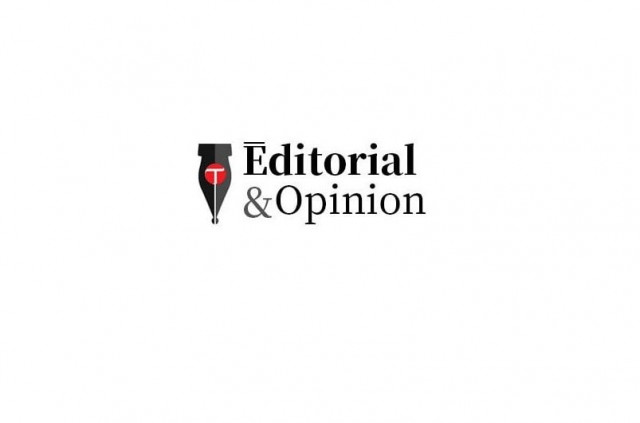Prioritising education
.

It is no surprise that the Asian Development Bank (ADB) has identified Pakistan's education system as dysfunctional, unable to meet the growing needs of its population, especially with the rising number of out-of-school children. While Prime Minister Shehbaz Sharif has declared an education emergency in the country, tangible reforms are yet to seen. The ADB has taken the step of recommending that Pakistan adopt India's Understanding of Lifelong Learning for All in Society (ULLAS) scheme, a suggestion that may evoke discomfort due to historical tensions between the two nations. However, what Pakistan truly needs is to set aside its ego and consider this advice with an open heart and mind.
The ULLAS scheme focuses on foundational literacy and numeracy while also emphasising life skills, such as financial literacy and digital competence - skills crucial for modern citizens in the 21st century. In a country like Pakistan, where the educational infrastructure is fractured, implementing a similar approach could prove to be revolutionary. Let us not forget that this education crisis is severe. According to the ADB, all but one of its 134 districts are lagging in key educational indicators. The system is marred by poor public financing, inconsistent policies and underdeveloped curricula. The situation is particularly dire in rural areas, where schools often lack basic facilities and teachers are poorly trained. These shortcomings are evident. Therefore, adopting international best practices does not mean forsaking national pride; it means prioritising the future of Pakistan's children.
Notwithstanding Pakistan's unique local challenges, the advice from the ADB should be taken seriously. The country's reluctance is understandable, but education is not an arena where ego can be afforded. A long-term vision must include the unification of provincial syllabuses and an increase in public financing to make it a sustainable model.















COMMENTS
Comments are moderated and generally will be posted if they are on-topic and not abusive.
For more information, please see our Comments FAQ